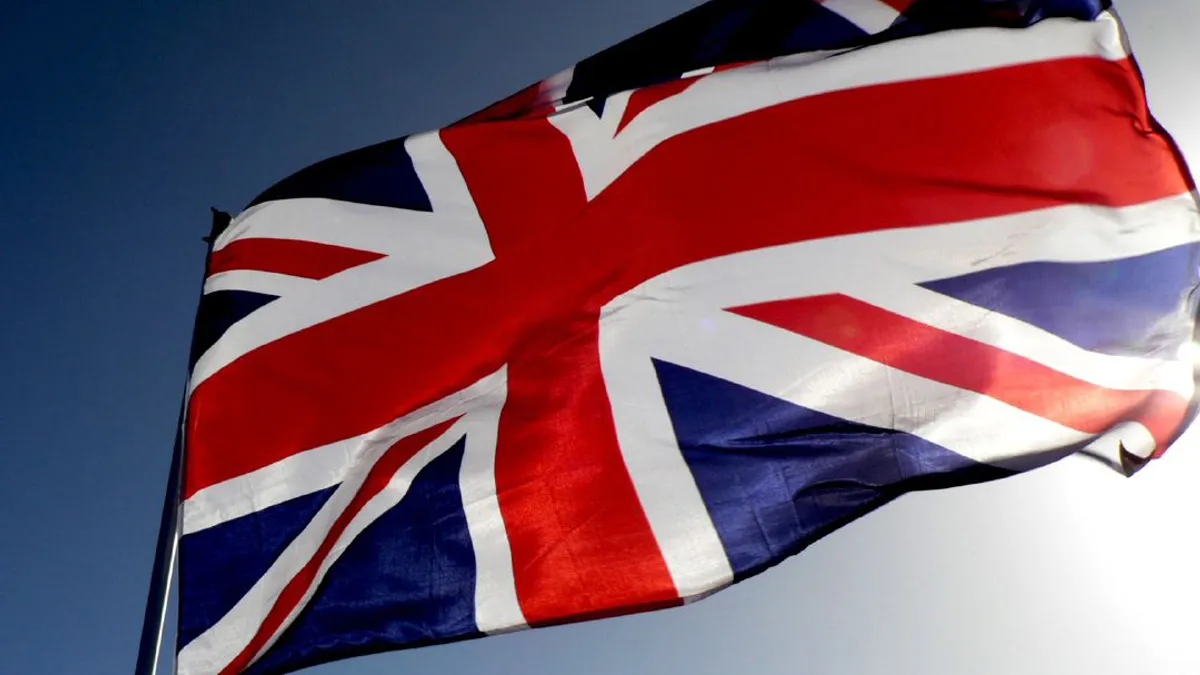Dive Brief:
- The U.K. regulator is offering a grace period to medical device manufacturers affected by the withdrawal of a notified body.
- In an update Wednesday, the Medicines and Healthcare products Regulatory Agency said that, in some circumstances, it will allow companies to continue to sell devices even after the withdrawal of the notified body that provided the CE certificate.
- The change follows a 15-month period in which three U.K. medical device and one in-vitro diagnostic notified bodies withdrew their services.
Dive Insight:
Notified bodies can withdraw their services at short notice, leaving companies that rely on the CE marks they issued without the paperwork needed to place products on the European Union market. That risk has been brought into focus the actions of several U.K.-based notified bodies, which pulled their services for reasons including uncertainty about the impact of Brexit.
Amtac Certification Services withdrew its medical device services in July 2018. A little more than one year later, UL International also stopped offering medical device services, followed shortly thereafter by Lloyd's Register Quality Assurance. The Lloyd's withdrawal affected devices and diagnostics.
Lloyd's gave clients 90 days to move to another notified body, but in some cases the transition period can be as short as 30 days. If a company is unable to complete a transfer within that time, it loses its CE mark.
MHRA wants to help companies avoid that outcome. If a manufacturer is affected by the withdrawal of a U.K.-based notified body, it can ask MHRA for a grace period in which it can still place its devices on the EU market. MHRA will decide on a case-by-case basis whether to grant the grace period.
To be eligible for the grace period, a manufacturer must agree to make regular updates to enable MHRA to monitor the progress of the switch to a new notified body. If a company fails to meet MHRA's conditions, the agency will end the grace period. MHRA will also end the grace period if it encounters evidence that the devices are falling short of safety requirements.
The update to the MHRA guidance, the first change since 2017, came days before the U.K. is due to leave the EU. Having reached an agreement with the EU, the U.K. will leave the union late Friday. The departure is unlikely to have an immediate effect on medical device companies as the transition period will maintain the status quo until at least the end of the year.
Beyond that, what happens depends on the terms of the trade deal agreed between the U.K. and EU. The U.K. government has indicated a desire to separate from EU regulations, creating the possibility that device companies will need to contend with two different sets of rules. However, businesses are pushing for ongoing regulatory alignment between the U.K. and EU.












